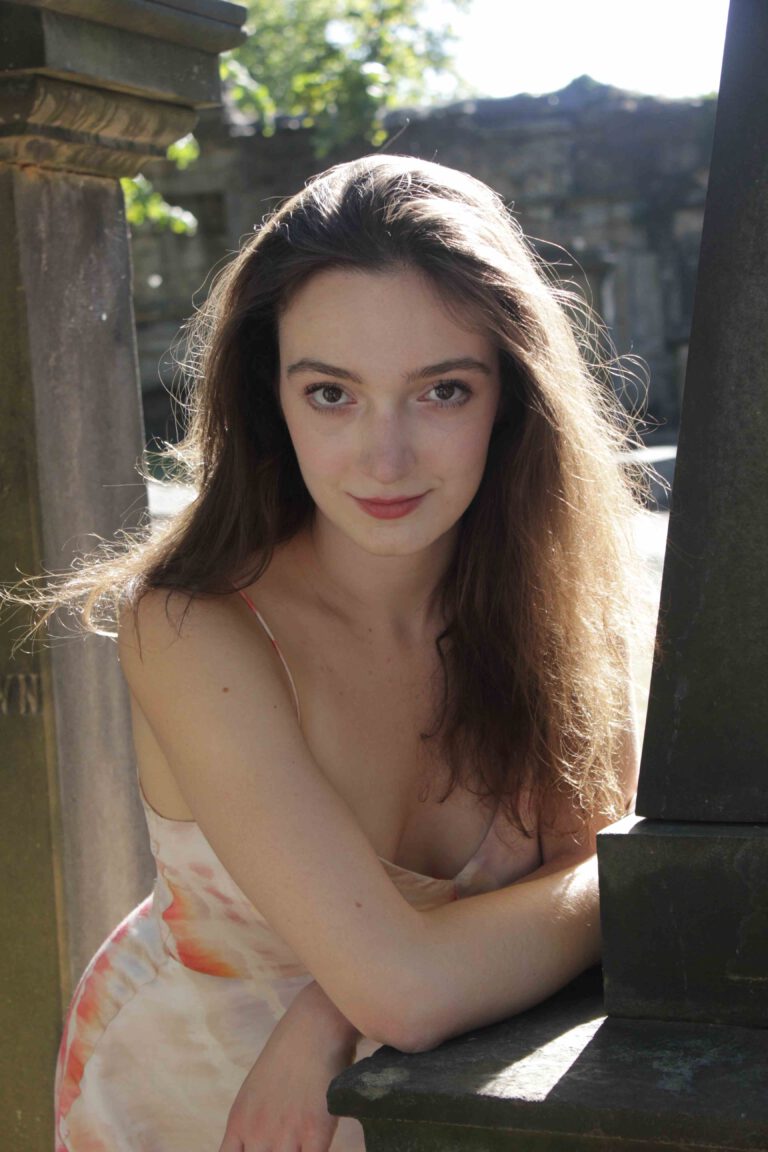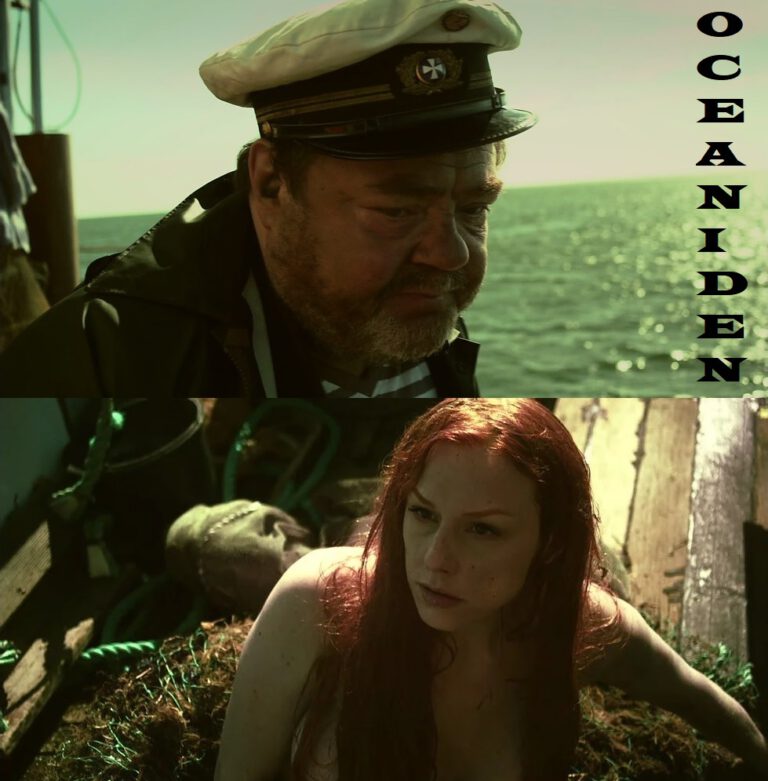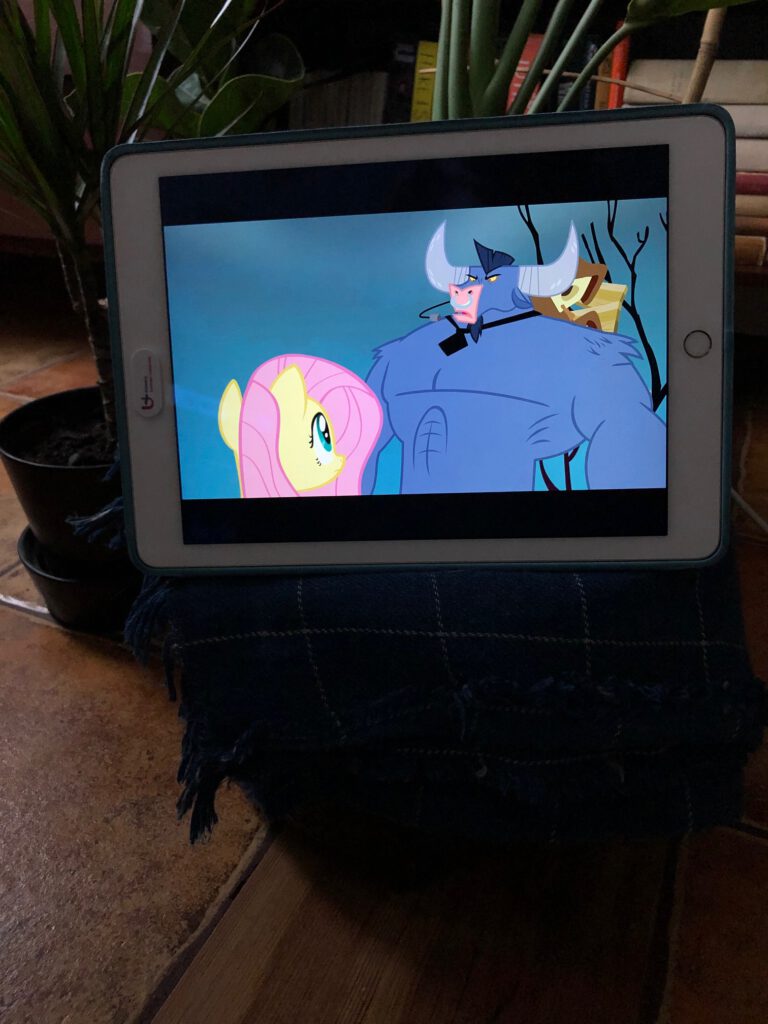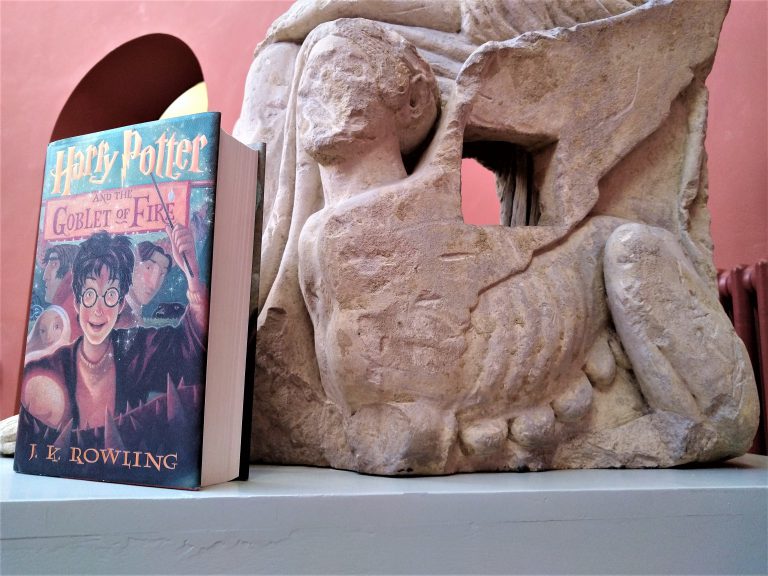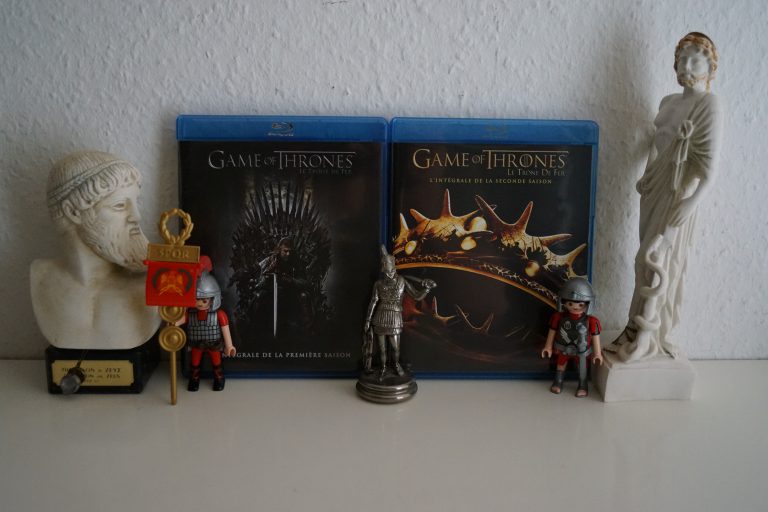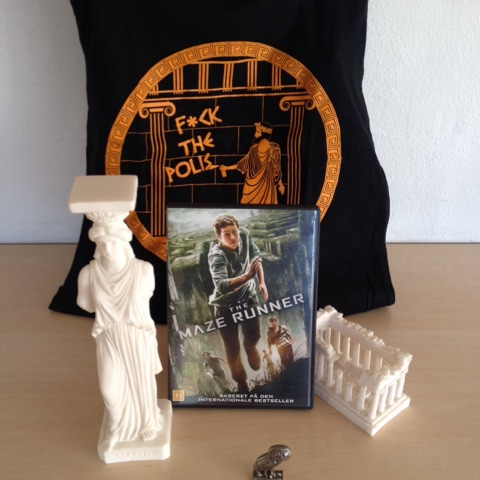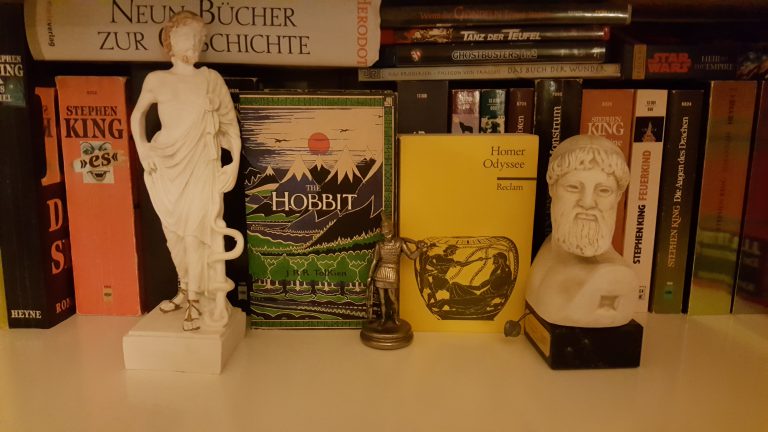Gothic & History: An interview with actress Emily Louise Knutsson
Introduction Emily Louise Knutsson is an American-Swedish actress who grew up in the suburbs of New York. Today she is living in London and Athens after having studied History at the University of Edinburgh in Scotland. Watching Emily being interviewed by Scotish film producer Lawrie Brewster in January 2021, I realised that she would be…
